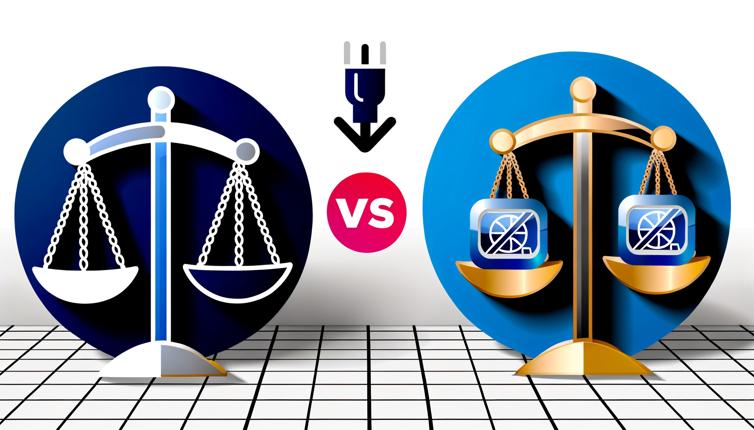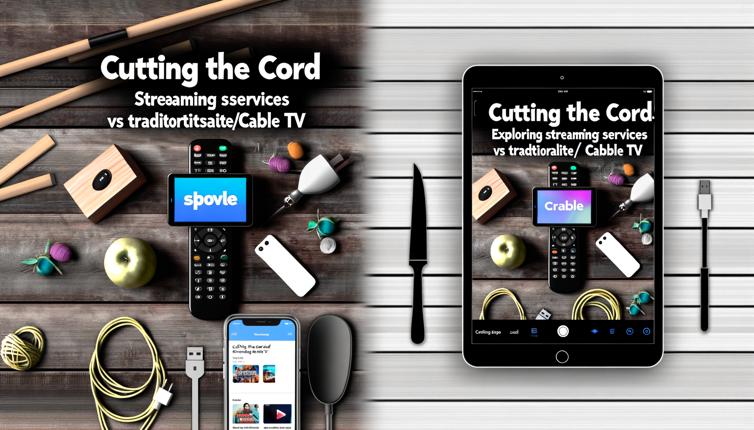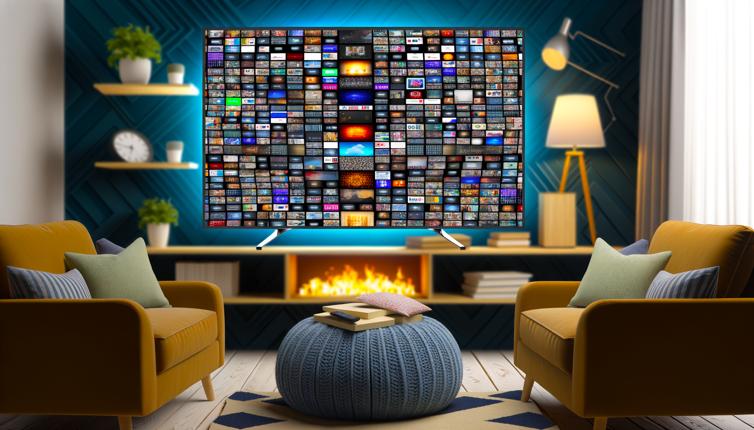Satellite TV
Satellite TV uses satellites to transmit signals to a dish installed on the user's property. Here are some pros and cons of satellite TV:,Pros:,- Wide range of channels: Satellite TV providers offer a wide variety of channels and programming options, including international channels and specialty networks.,- High definition (HD) programming: Satellite TV often provides a larger selection of HD channels compared to cable TV, allowing for a better viewing experience.,- Availability in remote areas: Satellite TV is available in areas where cable TV infrastructure may not reach, making it a great option for rural and remote locations.,,Cons:,- Weather interference: Satellite TV signals can be affected by severe weather conditions such as heavy rain or snow, which may cause signal loss or interruptions.,- Installation and equipment costs: Satellite TV usually requires professional installation and the purchase or rental of specialized equipment, which can add to the overall cost.,- Limited local programming: Satellite TV providers may not offer as many local channels or regional sports networks compared to cable TV.
Cable TV
Cable TV uses cables and wires to deliver signals to a set-top box connected to the user's television. Let's take a look at the pros and cons of cable TV:,Pros:,- Reliable signal quality: Cable TV typically provides a more consistent signal quality compared to satellite TV, as it is not affected by weather conditions.,- Wide availability of local programming: Cable TV often offers a larger selection of local channels and regional sports networks, making it a popular choice for sports enthusiasts.,- Bundled services: Many cable TV providers offer bundled services, including high-speed internet and phone services, providing convenience and potential cost savings.,,Cons:,- Limited channel options: Cable TV may not offer as many channels and programming options compared to satellite TV, especially when it comes to international or specialty channels.,- Infrastructure limitations: Cable TV availability is dependent on the local cable infrastructure, which may not be available in certain areas, particularly in rural or remote locations.,- Higher costs for premium channels: Cable TV providers often charge additional fees for premium channels or packages, resulting in higher monthly bills for subscribers.
Conclusion
Ultimately, the decision between satellite TV and cable TV depends on individual preferences, location, and budget. Satellite TV offers a wider range of channels and is available in remote areas, but it can be affected by weather interference and may require additional costs. On the other hand, cable TV provides reliable signal quality, a larger selection of local programming, and bundled services, but it may have limitations in terms of channel options and infrastructure availability. It's important to carefully consider the pros and cons of each option and choose the one that best suits your needs.









